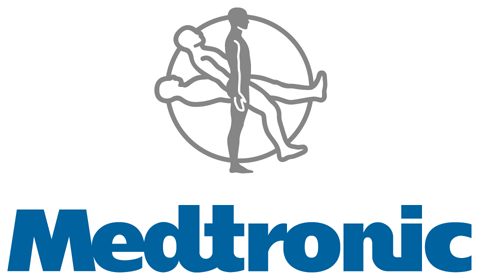Obamacare has affected many companies throughout the health-care industry, but medical-device makers have taken a particularly large hit. That’s because the law imposed a 2.3% excise tax on sales of medical devices, hitting both profitable and unprofitable companies alike. Yet even though it’s subject to the tax, Medtronic, Inc. (NYSE:MDT) has managed to overcome Obamacare’s headwinds as the stock has climbed to levels not seen since before the financial crisis. The simple reason: a dividend history that demonstrates Medtronic, Inc. (NYSE:MDT)’s ability to weather similar storms in the past without harming investors in the process.
Medtronic is a member of the elite Dividend Aristocrats list, where you’ll only find companies that have managed to increase their payouts to investors annually for at least 25 years. That’s a tall order for most companies, and only a few dozen stocks qualify to be Dividend Aristocrats. Let’s take a closer look at Medtronic, Inc. (NYSE:MDT) to see whether it can continue to keep its dividends rising despite the Obamacare tax.
Dividend stats on Medtronic
| Current Quarterly Dividend Per Share | $0.28 |
| Current Yield | 2.1% |
| Number of Consecutive Years With Dividend Increases | 36 years |
| Payout Ratio | 31% |
| Last Increase | July 2013 |
Source: Yahoo! Finance. Last increase refers to ex-dividend date.
How Medtronic has kept its dividend strong
Medtronic’s stock has rewarded investors both through lucrative dividends and with share-price appreciation. Combining the two yields a 30% total return for Medtronic, Inc. (NYSE:MDT) so far in 2013, with the stock having held up well even during the overall market’s weakness over the past couple of months.
Medtronic’s latest quarterly earnings report shows just how well the company has managed to do even in a tough environment for the industry. Medtronic, Inc. (NYSE:MDT) reported cardiac sales that were up 4% year-over-year, and even though that might seem weak, it’s much better than its peers have done recently. Boston Scientific Corporation (NYSE:BSX) saw sales in its cardiac rhythm unit drop 5%, with international pricing pressure weighing on its ability to grow revenue. St. Jude Medical, Inc. (NYSE:STJ) reported an even bigger drop of 8% in its cardiac rhythm sales, with pacemaker-related revenue falling 12%. Medtronic, Inc. (NYSE:MDT) has also done a good job of taking advantage of international markets, with sales abroad rising 7% and representing half of its overall revenue. That success is particularly striking given that both St. Jude Medical, Inc. (NYSE:STJ) and Boston Scientific Corporation (NYSE:BSX) have seen declines in their international sales.
But Medtronic hasn’t seen everything go right. Back in May, the company said it planned to cut 230 jobs in its spinal business, which has been experiencing falling sales due to factors like Europe’s economic weakness and rising competition. Spine-rival Stryker Corporation (NYSE:SYK) also saw a 4% drop in segment sales last year, and it has also responded to adverse conditions in the industry by laying off employees. Stryker Corporation (NYSE:SYK) also specifically cited the Obamacare tax as a primary reason for its cost-cutting measures.






